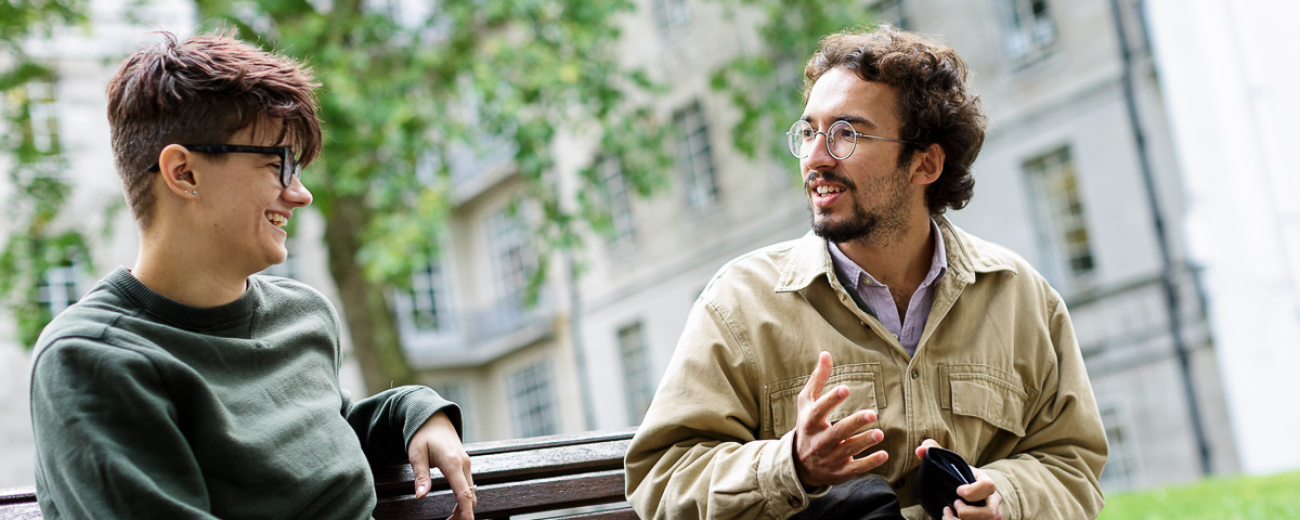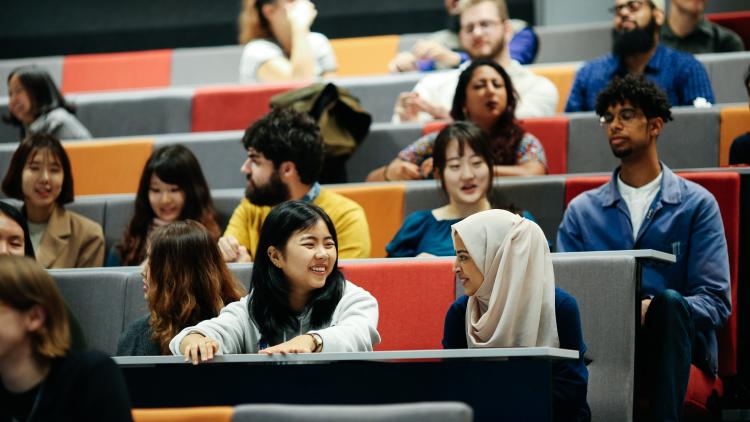If you are studying on a full-time degree-level programme and have a Student visa, your eVisa should state '20 hours max in term time' or similar.
With this endorsement, you can work up to 20 hours per week during the semester and there's no restriction on the number of hours you can work outside of semester dates, which includes the time before your course begins and after your course has finished. Refer to your CAS for your official course dates.
There are restrictions on the type of work you can do. You cannot:
- be self-employed, work freelance or run a business
- be a professional sports person or entertainer
- be medical doctor or dentist in training
- take up a full-time permanent position unless you have submitted a valid application for the Graduate Route
UKCISA provides a useful article about working in the UK as a Student visa holder.
A 'week' has been defined in the Immigration Rules as "a period of 7 days beginning with a Monday". It is essential that you work no more than 20 hours in any seven-day period starting on a Monday.
If you work irregular hours and/or have more than one employer, you will need to keep accurate records of how many hours you work each day to ensure you are not in breach of your work conditions.



